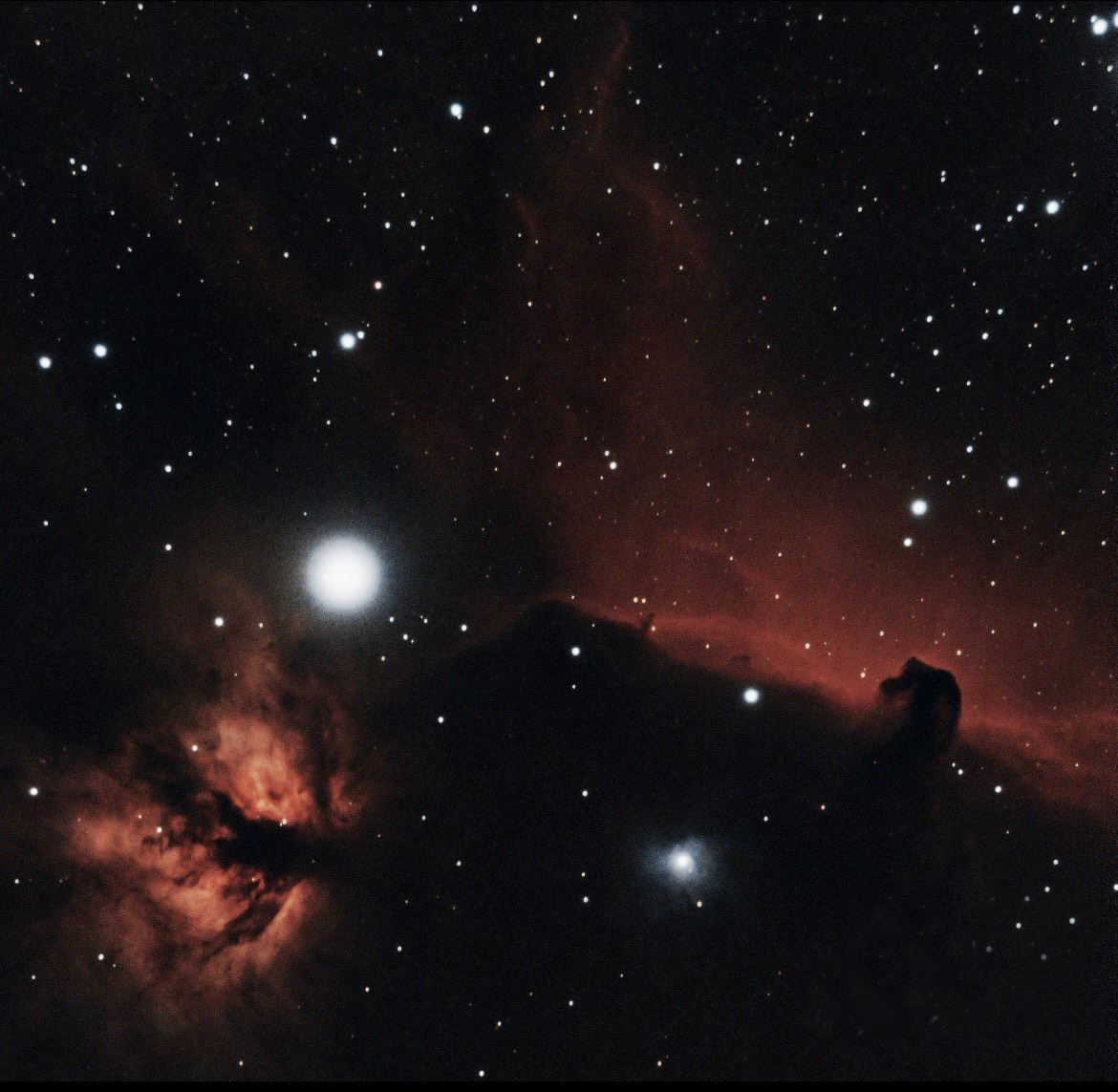Periodt, flop, outsold and spilled: words that dominate the reply section of Twitter’s feeds and are used by millions of users known as stans. The term stan was first used by Eminem, on his third studio album, to blend the words “stalker” and “fan” but now has often been used to describe overzealous and committed fans of a celebrity.
The bulk of “stans” are members of BTS Army, Barbz, Swifties, and BeyHives, and they gather under thousands of pseudonyms, utilizing Twitter to share their views. They’re known for releasing leaked music, highlight reels, and fan cams in support of their favorite celebrity, as well as defending them at any costs.
This past year supplied stans with not only an increase in engagement, due to COVID-19, but an increase in power. In light of the George Floyd protests and BLM Movements, many police departments such as the Dallas Police Department, asked civilians to send videos of illegal activity during the protest. The result: stans flooding the websites with videos of their stanned artists causing the site to crash. Later they barraged #whitelivesmatter Instagram posts with fancams. BTS Army’s #MatchAMillion campaign raised one million dollars for Black Lives Matter a few weeks later.
Danielle Owusu, a senior at All Saint Academy in Winter Haven, Florida, has been on “stan twitter” for over three years and has amassed hundreds of likes and followers as a result of her engagement.
“I think it’s very good that stans are using their influence for good, not only to support their group but also in political movements to bring more awareness,” Owusu said.
However, their involvement doesn’t just stop on websites and social media databases. During the 2020 Presidential Election, President Trump planned to hold a rally in Tulsa, Oklahoma that had many, including the former president, in high anticipation for what would be his “biggest rally ever” with over millions of people in attendance. However on the day of the rally, only 6,200 people were in attendance. It was later found that stans had registered under pseudonyms and encouraged others to do the same and not attend, leaving a visibly disappointed Trump.
Stan Twitter, despite it giving many the platform to share their adoration for a celebrity, has also been home to bullying and harassment. Stans have also been known to dox, the act of publicly revealing previously private personal information about an individual or organization, to other social media users who speak out against their stanned celebrity.
“If someone claimed they didn’t like a celebrity or individual who is popular among stans, stans would likely look up [their] previous controversial statements and even addresses to threaten the person, which can be really toxic,” Owusu said.
Stans who partake in things such as doxing and harassment are often never told by their favored celebrities that this is necessarily right or wrong. Ariana Grande expressed her thoughts on “bloggers” on Twitter as recently as last year. A journalist, Roslyn Talusan, called Grande out, saying that her remarks were targeting an at-risk industry. As a result, Talusan received threats from Grande fans, who bombarded her mentions and tracked down her Instagram account.
“When celebrities don’t stop their fans, it’s not a disadvantage to them because when things like this happen it’s rarely talked about and celebrities still top the charts regardles,” Owusu said.
This leaves the blunt of the blame to be put on social media platforms themselves. In 2019, Twitter established rules against doxing by requiring users to delete the messages and temporarily locking their account and if it’s done again they permanently suspend the account. Reports of harassment explicitly attached to “stan Twitter” date back to at least 2016, when Affinity Magazine reported on how stan Twitter had turned into a “playground for bullies”.













